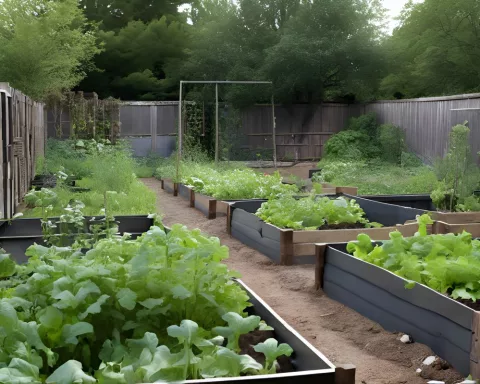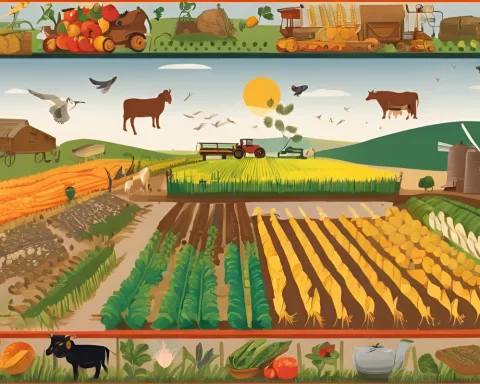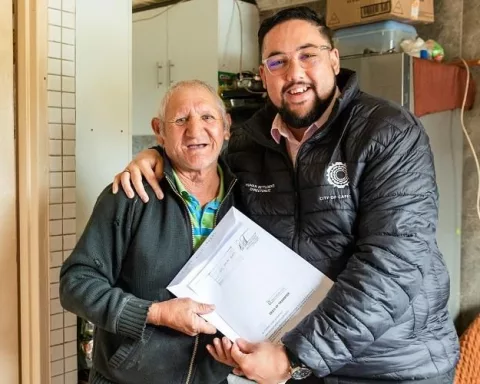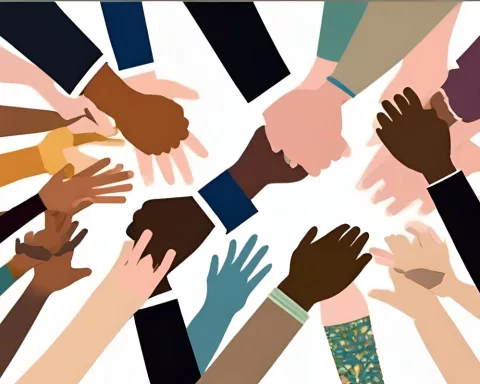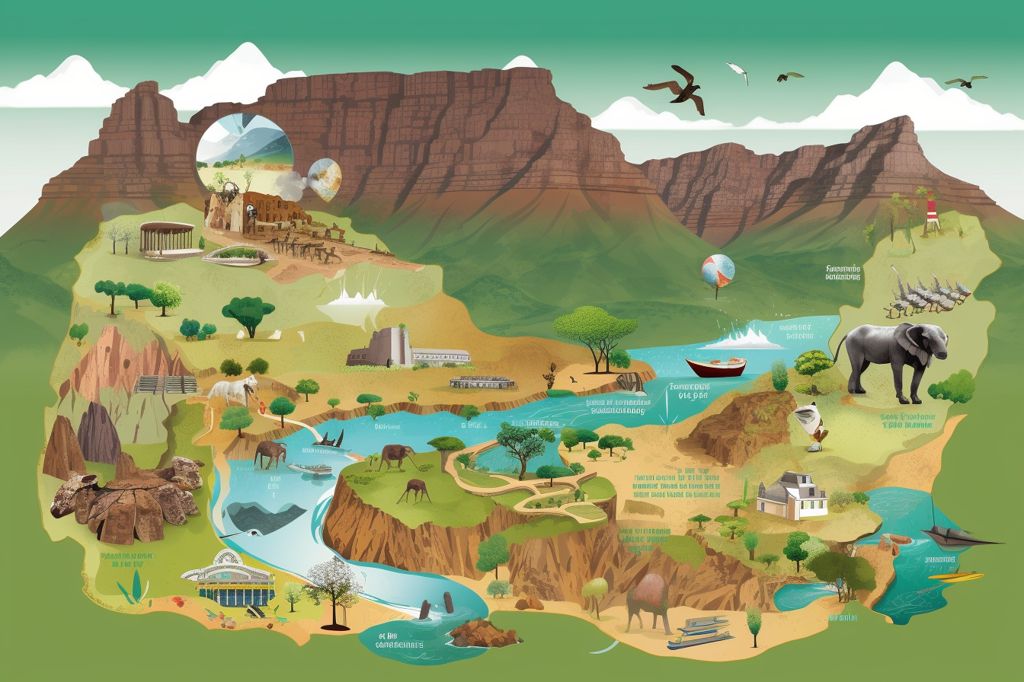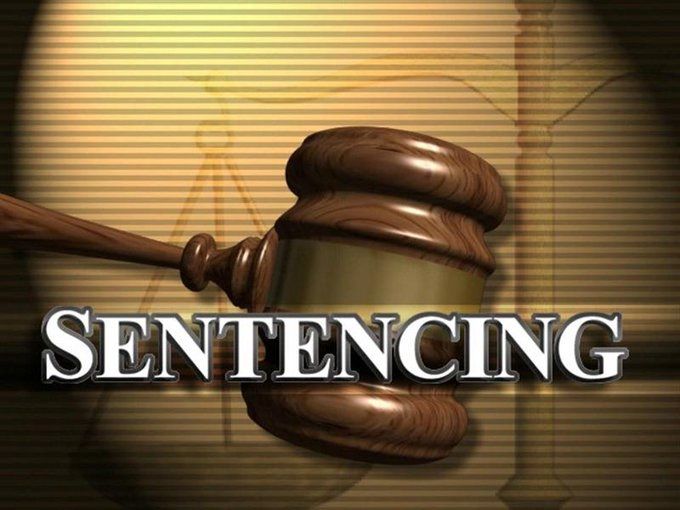South Africa has been grappling with the injustices of land dispossession since the 1913 Natives Land Act. Now, 110 years later, the government is making significant strides to reverse historical wrongs and foster an environment of social transformation and harmony.
Progress on Land Reform
Deputy President Paul Mashatile recently outlined the progress made regarding land reform in South Africa. He acknowledged that the pace has been slow but explained that the government undertook several interventions to accelerate land redistribution. The government identified 700,000 hectares of state land for redistribution and allocated 245,000 hectares to targeted beneficiaries, including women, youth, and people living with disabilities. More than 4,500 Assistant Agricultural Practitioners were recruited to provide technical support to farmers. The government also continues to support beneficiaries of land redistribution through financial assistance, training, and provision of resources such as seeds, fertilizers, and equipment.
Building Sustainable Agricultural Operations
The government aims to work together with stakeholders, including young and emerging farmers, to build sustainable agricultural operations, create jobs, and end poverty. Several programs have been implemented to support emerging farmers, such as the Comprehensive Agricultural Support Programme, the Land Development Support Programme, the Blended Finance Scheme, and the South African Good Agricultural Practices Certification Programme.
Stabilizing Coalition Governments
South Africa faces the challenge of stabilizing coalition governments, which affects the functioning of municipalities. To address this issue, the government is planning to convene a national dialogue on coalitions, emphasizing the necessity for a regulatory framework to guide them. The dialogue will focus on discussing the principles that should underlie any coalition government.
Protection and Promotion of LGBTQIA+ Rights
The South African government recognizes LGBTQIA+ rights as human rights and is committed to engaging with other nations to ensure their protection. It also acknowledges the importance of the family as a basic unit in promoting social cohesion. The government is planning to table a revised White Paper on Families to provide guidelines and strategies for promoting family life and strengthening families.
South Africa’s government is diligently working on various fronts to address historical injustices, uphold social transformation and harmony, and ensure the well-being of its diverse population. By implementing key interventions and fostering collaboration among stakeholders, South Africa moves closer to realizing its vision of a just, equitable, and prosperous nation.


